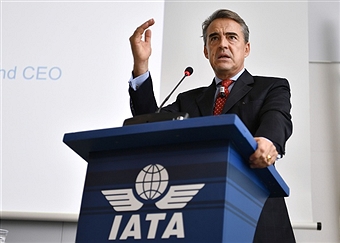There are strong indications that landing costs of petroleum products imported into Nigeria would increase from January 1, 2020, when costlier shipping fuel standards by the International Maritime Organisation (IMO), comes into effect.
Findings by Business Hilights Intelligence Unit (BHIU), show that the new IMO rules prohibit ships from using fuels containing more than 0.5 per cent sulphur, compared with 3.5 per cent through the end of December, unless they are equipped with exhaust-cleaning ‘scrubbers’.
Only recently, report by PwC Nigeria on the impact of the IMO 2020 on Africa revealed that the implications of the new regulation for refiners, shippers and other stakeholders in the industry would be far-reaching especially in terms of costs.
The report was developed in partnership with Energex Partners and Downstream Advisors Inc.
Giving an insight on what Nigerians would expect from January, the Energy Utilities and Resources Leader at PwC Nigeria, Pedro Omontuemhen, said “It may have an impact on the pump prices of petroleum products.”
He added that “Clearly the shipping cost will go up. If shipping cost goes up, that means landing cost will go up. So one of the things the government can do is to pass on that cost to the consumers or, like we are currently doing, continue to absorb it and call it under-recovery or subsidy.”
However, Omontuemhen was quick to speculate further that “It could come out to be positive if we take advantage of the increased demand that we foresee that is going to be placed on the low sulphur crude oil.”
Explaining the implications in terms of energy demands on clean and dirty fuels, Hameed Alaba of Downstream Advisors Inc said “There is going to be a struggle to get sweet crude because now you are bound by regulation to produce low sulphur fuel, so you would go for the sweet crude other than the heavy crude.”
Besides, Steve Jones of Energex Partners said the impact of the new regulations on the African oil sector would be profound, stressing that “Compared to the global average, there are generally less complex refineries in Africa; there are government subsidies for road-fuel; there is a higher dependence on imported fuels (which are expected to increase in price); and a higher proportion of power generation fed by high sulphur fuels. The challenges posed by the new regulations must be understood and prepared for by all those affected.









